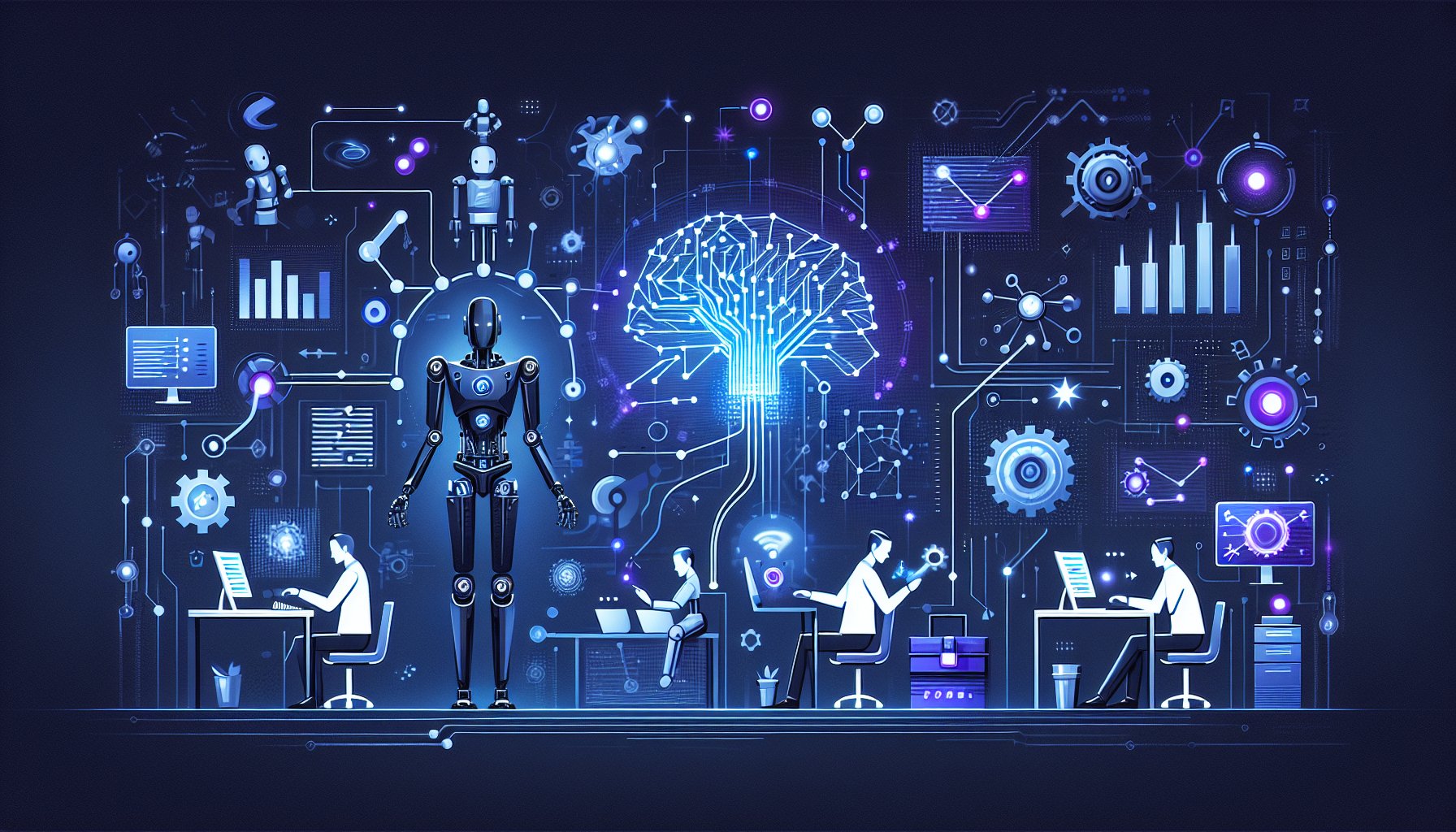Introduction
Welcome to the era of ultra-efficient IT development, where Automation Workflows have become the cornerstone of high-performing businesses. With unprecedented speed, accuracy, and comprehensive functionality, today's automation tools and strategies are revolutionizing the way we approach IT work.
Understanding Automation Workflows
Put simply, an Automation Workflow represents an orchestrated and repeatable pattern of business activity enabled by the systematic organization of resources into processes. These processes produce services or products that meet specific business objectives. In IT development, these workflows help automate repetitive tasks, drastically reducing the chance of human error, and freeing up developers' time to focus on more complex issues.
The Future of Automation Workflows
The future of Automation Workflows is intertwined with advancements in DevOps, Machine Learning, and Artificial Intelligence, creating a powerhouse of efficiency and innovation. Let's delve into how these technologies are reshaping automation workflows.
DevOps and Continuous Integration/Continuous Delivery (CI/CD)
DevOps culture, coupled with CI/CD practices, has revolutionized the way teams collaborate and deploy services. With automated testing and deployment processes, CI/CD pipelines bring in faster release cycles, reduced risk, and quicker iteration. Tools like Jenkins, GitLab CI, and CircleCI are leading the CI/CD revolution, facilitating seamless and efficient automation workflows.
Machine Learning (ML)
Machine Learning is bringing intelligence to automation. ML algorithms can learn from existing data, predict patterns, and make data-driven decisions. In the context of automation workflows, ML can help predict system anomalies, automate decision-making processes, or even manage resource allocation, thereby bringing a new level of sophistication to automation.
Artificial Intelligence (AI)
AI is taking automation workflows to another level by enabling intelligent automation. With AI, systems can understand, learn, predict, adapt, and potentially operate autonomously. This can transform complex tasks such as data analysis, problem-solving, and even customer service.
Staying Ahead in the Automation Game
Staying current in this rapidly evolving landscape requires a keen understanding of these emerging technologies and their practical applications. Embrace a culture of continuous learning and experimentation. Keep an eye on the latest trends and advancements in DevOps, Machine Learning, and AI. Regularly explore and experiment with the latest tools and practices.
Conclusion
As we surge forward into the future, the importance of Automation Workflows in IT development cannot be overstated. By harnessing the power of DevOps, Machine Learning, and AI, businesses can drive efficiency, foster innovation, and stay ahead of the competition. The future of IT development is here, and it's automated.
